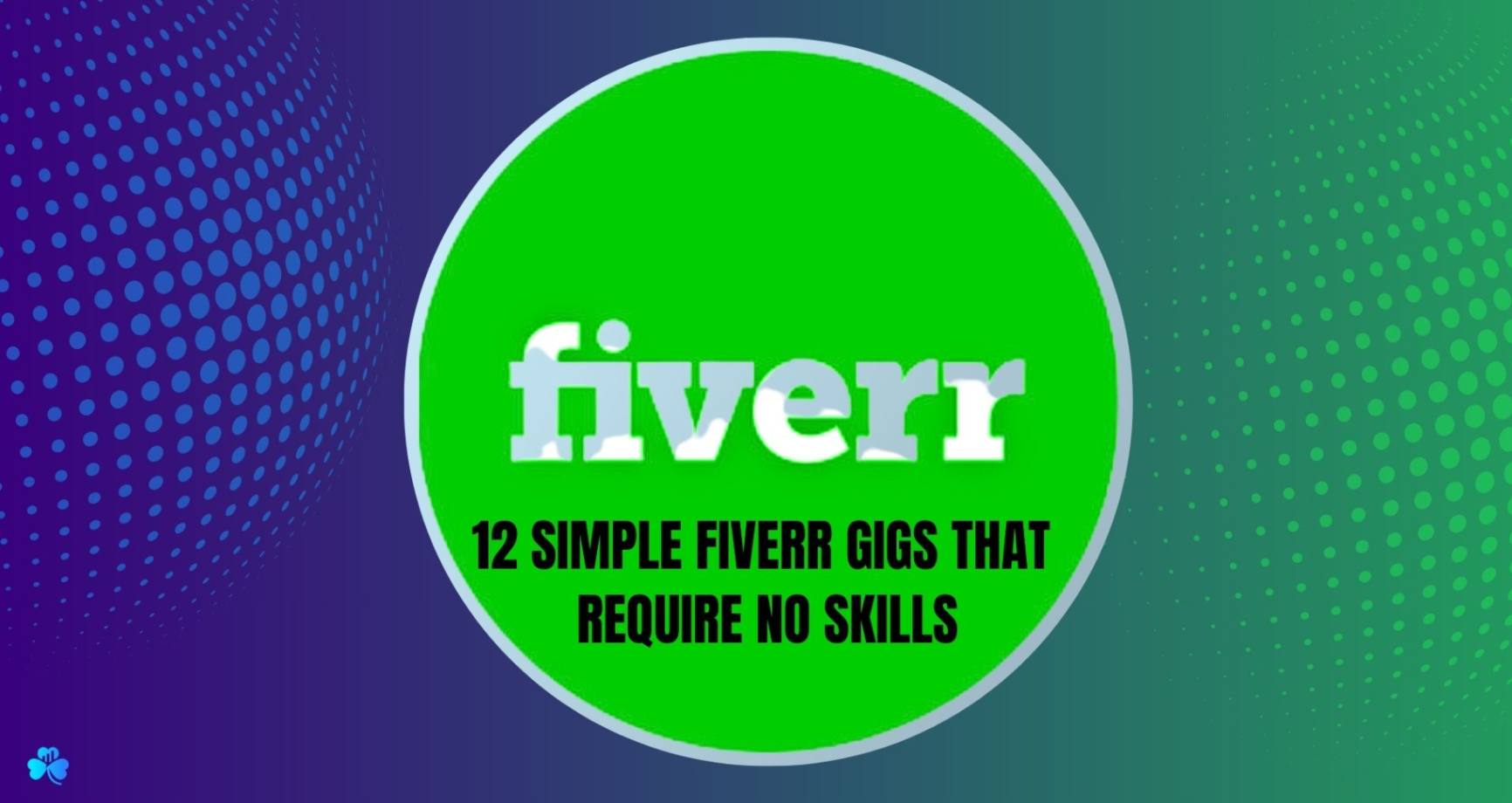To get your website noticed in this Aggressive online space, you need keywords, to drive your excellent content to the top of search engines.
Learning how to use keywords is crucial if you want to increase website traffic and make more money for your business.
What you will learn today:
► identify the right keywords that your target audience is searching for
► Optimize your website content to include these keywords naturally
► Use both organic and paid search strategies to maximize your reach
Apply the power of keywords to gain traffic and advance the online visibility of your website.
Take advantage of this opportunity to use keywords, and see how your website grows.
This article might contain referral links from our chosen partners, that may bring us a small commission at no additional cost to you. Please read our disclosure page for more details.
What Is Keywords in SEO: A powerful way to get results
Keywords are like labels on books, guiding people to the information that they are looking for.
By understanding your audience's keywords, you can create content that attracts visitors and converts them into customers.
Use keywords strategically, not excessively, to attract more visitors to your website.
Why are keywords important?
SEO keywords are essential for driving website traffic and enhancing visibility in search results.
Long-tail keywords can attract more clicks. Tools like Google's Keyword Planner help identify commonly used terms but avoid excessive use.
Semrush helps select optimal keywords, and understanding search intent is crucial for web pages and blog posts.
Google Search Console provides insights into website discovery, enabling better content creation and audience attraction.
Why Are Keywords Important for Search Engine Marketing?
Keywords play a crucial role in Search Engine Marketing (SEM), shaping the visibility of content in both organic search results and paid advertisements.
They excel at connecting content with the right audience, ensuring the most exposure.
Having a good grasp of search volume and long-tail keywords is a must when it comes to choosing keywords that produce results.
Optimizing content and ad strategies for improved visibility and engagement requires matching content with user intent and monitoring keyword performance.
The 3 Common Types of Search Intent
Understanding search intent is essential to producing content that appeals to consumers and meets search engine optimization objectives because it is the motivation behind a user's search.
There are three categories of intent:
Transactional (ready to buy)
Informative (looking for info or solutions)
Navigational (looking for a specific destination or location
Good SEO depends on aligning keywords with intent.
To optimize:
For Navigational Intent: Focus on website title tags and meta descriptions to enhance user experience.
For Informative Intent: Offer valuable information and solutions.
For Transactional Intent: Streamline the purchase process.
Why are SEO Keywords So Important?
Optimizing your content with the right keywords is essential for improving your position in search engine results pages (SERPs).
They serve as a bridge connecting users' search queries to relevant content.
The strategic use of these terms in content, meta tags, titles, and descriptions has a notable impact on search engine indexing and display.
Understanding and including these important terms is crucial for ensuring a website satisfies users' needs and improving its visibility. This method also guarantees a smoother user experience.
Pay-per-click (PPC)
PPC campaigns rely heavily on keywords. These paid advertisements appear above organic search results based on the relevance of keywords chosen for bidding.
PPC advertising helps businesses reach a specific audience and boost conversions. Successful campaigns require thoughtful keyword selection and use, considering relevance and competitiveness.
Success requires balancing high-volume and long-tail keywords. Advertisers can construct targeted ads with strong audience interactions by carefully selecting keywords.
Search Engine Optimization (SEO)
In the digital age, SEO is like a roadmap for your website, guiding search engines to your content.
By strategically using relevant keywords, you ensure your website appears in search results when people seek information or products related to your business.
SEO is not a one-time task; it's an ongoing process that requires monitoring and adaptation.
By understanding user intent and aligning your website's content with their needs, you attract organic traffic, the lifeblood of a successful online presence.
Use SEO to attract a steady stream of potential customers to your website.
What are the types of SEO keywords?
There's a variety of SEO keywords out there: short-tail, long-tail, branded, and others.
Short-tail ones cover broader topics, while long-tail keywords dive into specific details, ensuring your content matches what users are searching for.
Each type has its role in guiding people to the right information online.
Using the right keywords involves understanding your audience, conducting a thorough keyword research process, and strategically implementing them across your website.
Short tail keywords
Short-tail keywords are those short and simple phrases that lots of people search for, like "shoes" or "travel tips."
They're popular, but because so many people use them, it's tough to stand out.
They're like the big highways of the internet—lots of traffic, but also lots of competition.
These keywords aim for the big picture, covering wide topics instead of getting into specifics.
Monthly Search Volume
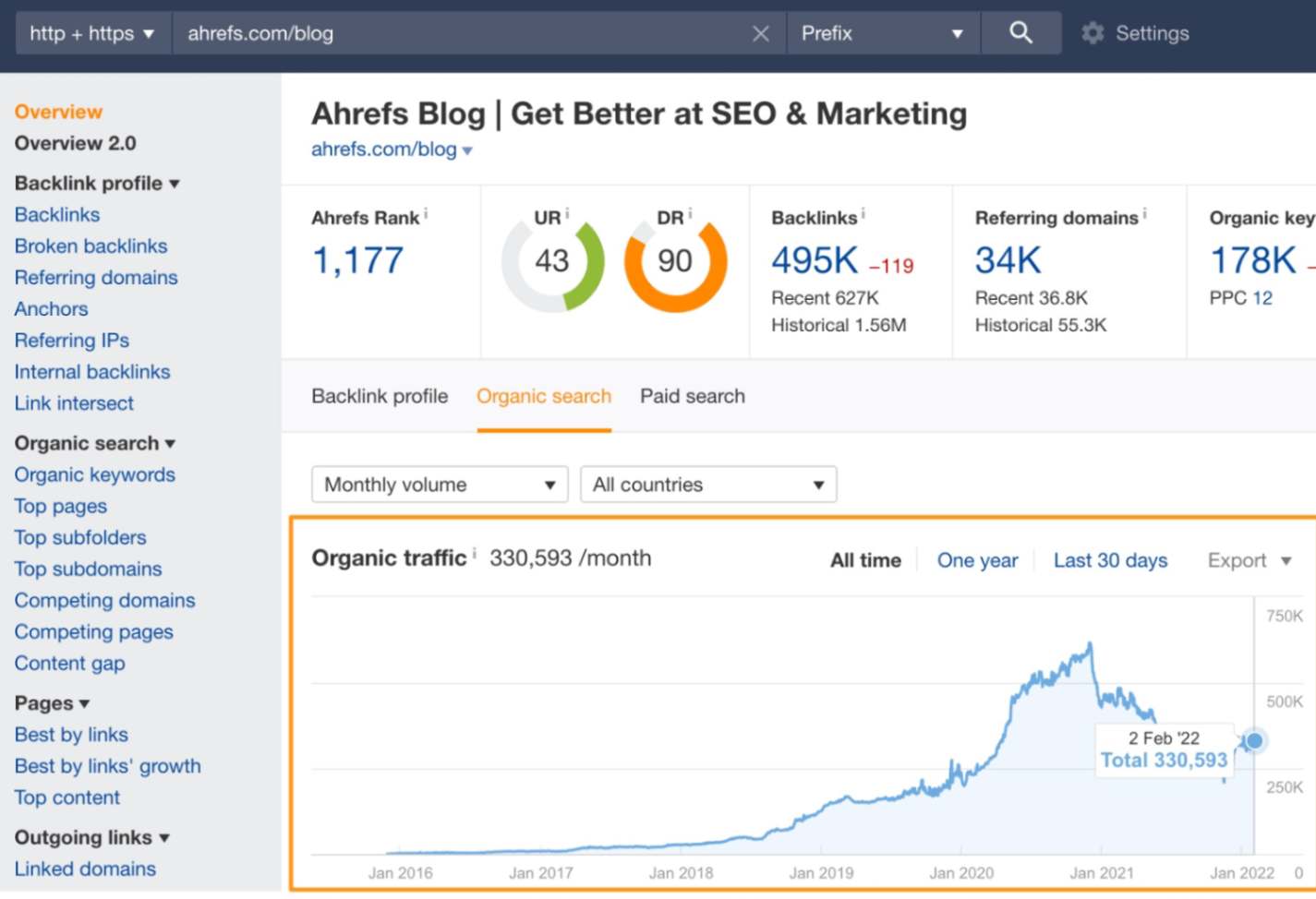
Monthly search volume is essentially a popularity meter for specific words or phrases on the internet.
It's like establishing how often people ask Google or other search engines about something.
When you know this, it's like having a sneak peek into what's trending or what people are really curious about.
If a keyword has a high search volume, it's like saying, "Hey, a lot of people are into this!"
Using these popular keywords can attract more visitors to your site because it's what people are looking for.
Understanding this popularity scale helps you pick the right words to make your website more visible and attract more visitors.
How to choose keywords for SEO that drive traffic
https://youtu.be/cAUeS0to3PQ
Search Engine Optimization (SEO) is based on keywords, which help websites be found and lead users to the material they want.
Use A keyword research tool to look through the keywords and focus on things like relevance, search volume, and competition to find good terms.
Relevance is very important because it fits with the language and purpose of the target audience.
The number of searches for a phrase can tell you a lot about how popular it is. Long-tail keywords with little competition often give you better results.
Competition analysis figures out how hard it is to rank for a certain keyword by looking at things like how many websites already rank for it, how trustworthy those websites are, and how competitive the keyword's area is.
When using keywords, you need to be careful not to use too many of them.
Tracking by using a good link tracker and improving keywords is an ongoing process that lets resources be put toward the terms that have the most effect.
There is a strong link between the number of searches for a term and the number of people who visit a website.
This suggests that keywords with a lot of searches can bring in more people.
See Keysearch dashboard below: The Correlation between Keywords and Traffic (dog food- keyword)
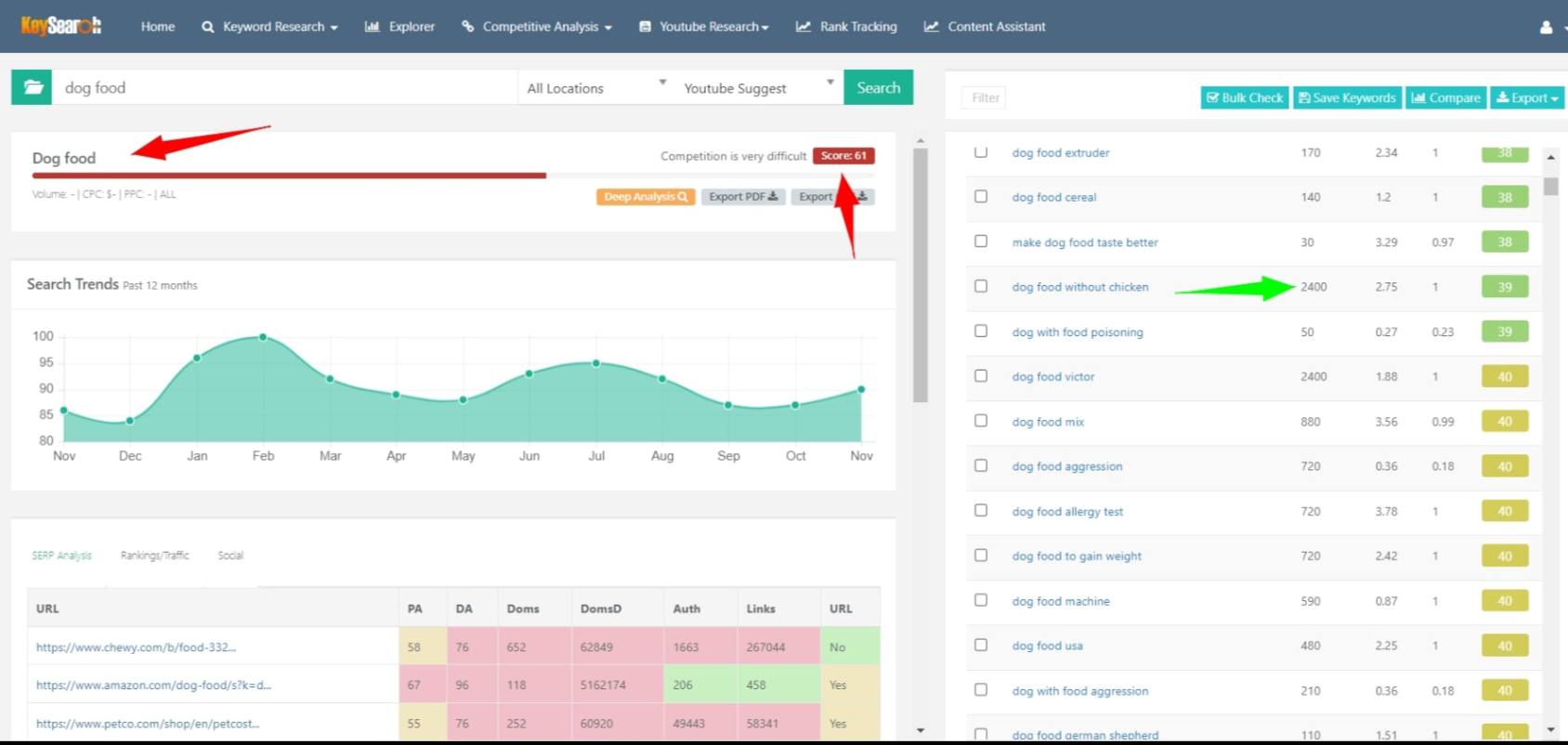
Using Keywords in PPC
One effective way for businesses to reach a specific audience and increase conversions is through pay-per-click (PPC) advertising.
Keywords are crucial for successful PPC campaigns, serving as entry points to exposure.
Understanding search intent is essential for customizing options based on user intent.
Long-tail keywords target specific audiences, while high-volume keywords attract a larger audience.
A combination of long-tail and high-volume keywords can achieve optimal reach and conversion rates.
Careful bid management is necessary for setting maximum keyword amounts. Broad, phrase and exact-match keyword match types offer versatility in ad relevancy.
Continuous observation and improvement are necessary for optimizing PPC keyword success.
Tools like Google Ads can track metrics like click-through rates and conversion rates.
Price (Cost-Per-Click)
The cost-per-click of a keyword varies based on its competitiveness. Higher competition often results in a higher cost to bid on those competitive keywords.
Keyword Search Intent
Aligning your chosen keywords with the intent behind user searches is essential for driving meaningful traffic to your site.
What is keyword difficulty?
Keyword difficulty refers to how hard it is to rank for a specific keyword. It's determined by analyzing the competition and authority of the sites already ranking for that particular keyword.
Focus on long tail keywords
Long-tail keywords are more specific and have lower competition. They might have less search volume but can bring in more targeted traffic.
here are two examples of how businesses can focus on long-tail keywords to attract more targeted traffic:
Example 1: Running Shoes
A business that sells running shoes could use the following long-tail keywords:
- Best running shoes for women with plantar fasciitis
- Top-rated running shoes for marathon training
- Affordable running shoes for beginners
These keywords are more specific than the general keyword "running shoes,"
So they will attract a more targeted audience of people who are interested in buying running shoes for a specific purpose.
For example, the keyword "Best running shoes for women with plantar fasciitis" will attract people who are looking for shoes that can help them with their foot pain.
This means that the business is more likely to generate sales from people who are searching for these keywords.
Example 2: Travel Blog
A travel blogger could use the following long-tail keywords:
- Off-the-beaten-path travel destinations in Europe
- Unique things to do in Bali with kids
- Best places to eat in Tokyo on a budget
These keywords are also more specific than the general keyword "travel,"
So they will attract a more targeted audience of people who are interested in traveling to specific places or doing specific activities.
For example, the keyword "Off-the-beaten-path travel destinations in Europe" will attract people who are looking for unique and interesting places to visit in Europe.
This means that the travel blogger is more likely to generate traffic from people who are interested in reading about these destinations.
By using long-tail keywords, businesses can attract more targeted traffic to their website or a blog post. This can lead to increased sales, leads, and engagement.
See Graph Below- Correlation between search volume and number of keywords: longtail keywords infogram source niche site project.
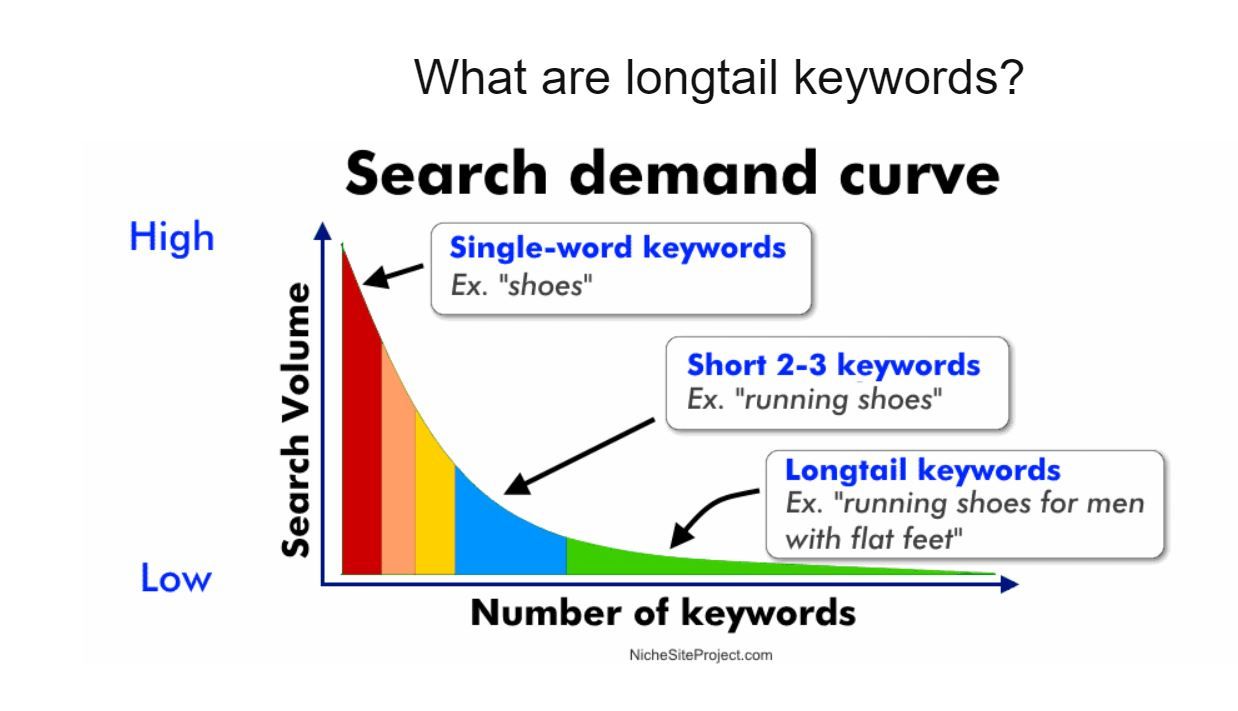
Look for keywords with high volume and low competition
here are two examples of keywords with a good balance of high search volume and low competition:
Example 1: Gardening Tips
The keyword "gardening tips" has a high search volume of 7,900 per month, but it also has a low competition score of 25.
This means that there is a lot of interest in this topic, but there are not a lot of websites competing for this keyword.
This makes it a good opportunity for a gardening company to target this keyword in their content strategy.
Example 2: Healthy Recipes
The keyword "healthy recipes" has a high search volume of 10,100 per month, but it also has a low competition score of 30.
This means that there is a lot of interest in this topic, but there are not a lot of websites competing for this keyword.
This makes it a good opportunity for a food blogger to target this keyword in their content.
By targeting keywords with a good balance of high search volume and low competition, businesses can attract more traffic to their website and improve their search engine rankings.
This can lead to increased sales, leads, and engagement.
Branded Keywords
These are specific keywords related to your brand. They're crucial for ensuring your audience finds you when searching for your products or services.
Collect data, analyze keyword research results, and repeat
Keyword research is an ongoing process. Analyzing data, refining strategies, and improving based on insights are crucial for sustained success.
How to use SEO keywords on your website
Strategic placement of keywords throughout your website's content, titles, meta descriptions, and headers enhances its SEO performance.
Avoid Keyword Stuffing
Overloading your content with keywords in an unnatural way can harm your SEO efforts. Use them judiciously and naturally.
Narrow your focus and investigate keyword competition
Understanding the competitive landscape for your chosen keywords helps in planning an effective SEO strategy.
You can use A reasonably priced keyword tool such as Keysearch to do this.
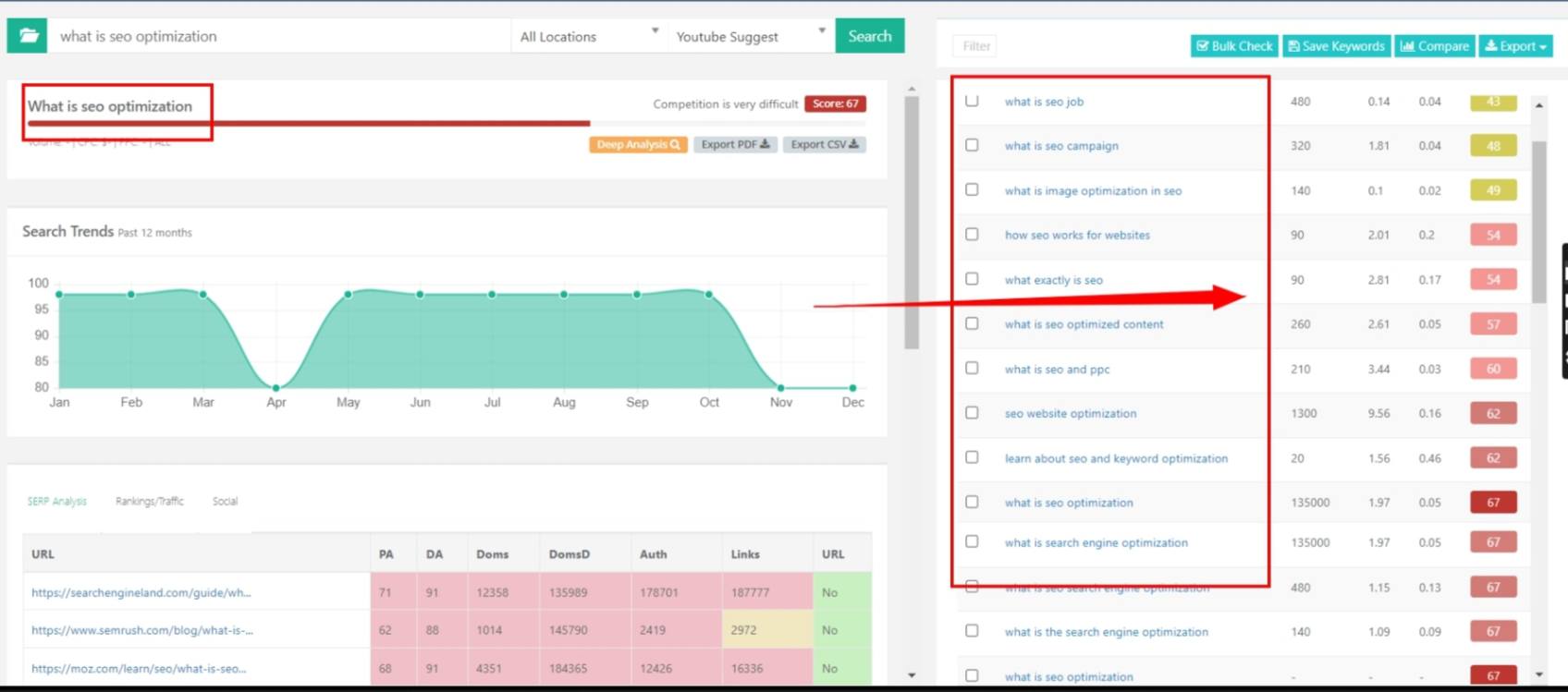
How to Create Unique Content Through Niche Keywords?
Niche keywords are highly targeted and valuable for businesses looking to establish themselves as thought leaders and attract a loyal following.
They cater to a specific audience and require a blend of expertise and passion.
Niche content can be in various formats, such as niche blog post topics, infographics, case studies, and interviews.
To optimize, conduct thorough keyword research, integrate keywords naturally, and use long-tail keywords.
Continuous analysis and refinement are essential for success.
How to use SEO keywords for content marketing?
Keywords are crucial for effective content marketing, as they guide search engines towards valuable content.
To find relevant keywords, use keyword research tools to understand user intent, relevance, search volume, competition analysis, and keyword integration.
Balance keywords with content creation, technical excellence, and continuous tracking and refinement.
Content creation should be a group of keywords and value, while content optimization should focus on page loading speed, mobile-friendliness, and meta descriptions.
An adaptive approach involving quality content, technical optimization, and audience engagement is essential for lasting results.
See pie Chart Below: showing The relationship between keywords and content marketing
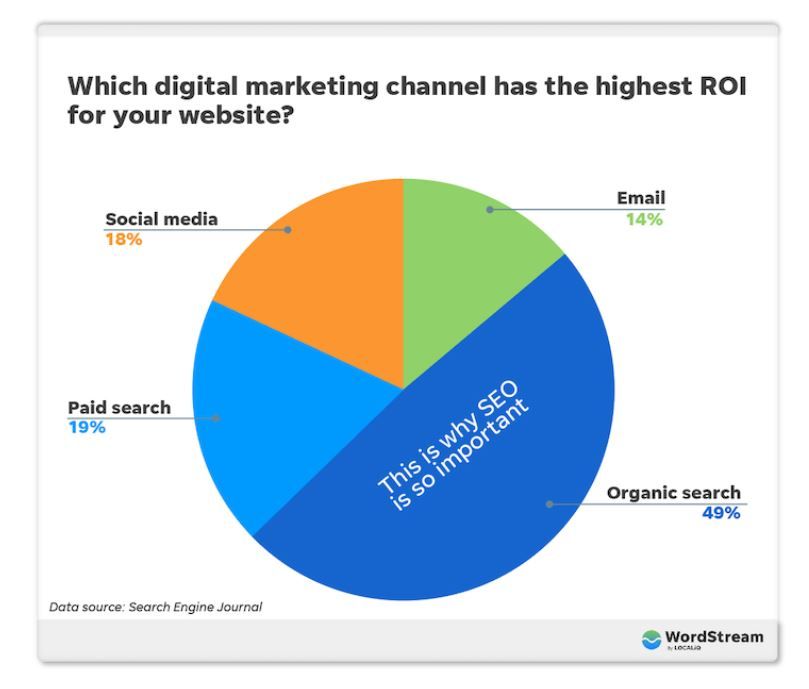
Use Keywords Naturally
Integrate keywords seamlessly into your content, ensuring they read naturally and add value to the user experience.
Choosing the Right Keywords for SEO and PPC
When it comes to marketing your website online, selecting the right keywords is essential for both SEO (Search Engine Optimization) and PPC (Pay-per-Click) advertising.
While both methods aim to bring visitors to your website, they have different ways of doing so and require different keywords.
SEO Keywords: Getting Found Naturally
SEO keywords are the words and phrases that people type into search engines like Google to find information.
When you include these keywords in your website's content, it increases the chances of your site appearing in the search results.
For SEO, it's best to use long-tail keywords, which are more specific and less competitive than general keywords.
This means you're more likely to attract people who are genuinely interested in what you have to offer.
PPC Keywords: Paying for Targeted Traffic
PPC keywords are the words and phrases that trigger your ads to appear in search results.
When someone searches for one of your keywords, your ad pops up alongside the organic search results.
With PPC, you have to pay each time someone clicks on your Google ads.
This means you need to carefully choose keywords that are likely to convert into paying customers.
You want to balance search volume (how often a keyword is searched for) with competition (how many other advertisers are bidding on that keyword).
Which Keywords to Use?
The best keywords for your website will depend on your specific goals. If you're focused on getting more organic traffic, then SEO keywords are your best bet.
If you want to drive immediate traffic and conversions, then PPC is the way to go.
A combination of SEO and PPC
For many businesses, the best approach is to use a combination of SEO and PPC. This allows you to reach a wider audience and get the most out of both digital marketing methods.
Key Takeaways
SEO keywords are specific and less competitive than PPC keywords.
SEO keywords are used to get organic traffic, while PPC keywords are used to get paid traffic.
The best target keyword ideas for your website will depend on your specific goals.
A combination of SEO and PPC can be a powerful strategy for driving traffic and conversions.
Final Thoughts

Think of SEO keywords as the special words that make your website stand out in a crowd.
When you pick the right ones, it's like saying, "Hey, this is exactly what you're looking for!"
These magic words help your website get noticed by the right people, bringing more visitors and boosting your online presence.
Remember, the key to successful SEO is not just about finding keywords; it's about delivering valuable content that adheres to your audience's needs and desires.
Increase your website's visibility and attract more visitors with the strategic use of keywords.
Learn how to choose the right keywords, optimize your content, and master both SEO and PPC techniques.
Transform your online presence and achieve remarkable results today!
FAQs

1. What role do keywords play in SEO?
Keywords are the words or phrases users type into search engines.
They help search engines understand the content of web pages and match them with relevant queries, impacting a site or web page's visibility.
2. How do I find the right keywords for my website?
Conduct thorough keyword research using tools like Google Keyword Planner, SEMrush, or Ahrefs.
Consider relevance, search volume, and competition while choosing keywords.
3. Is keyword stuffing beneficial for SEO?
No, keyword stuffing can harm your SEO. It involves excessively using keywords unnaturally within content, which can result in penalties from search engines.
4. Are long-tail keywords essential for SEO?
Yes, long-tail keywords, though they might have lower search volume, are crucial. They target specific queries and often bring in more qualified and convertible traffic.
5. How frequently should I update my keywords?
Keyword research should be an ongoing process. Regularly update and refine your keywords based on shifts in search trends and your business goals.
SEO Keywords drive the heart of online discovery. Understanding them unlocks the potential for your content to reach and engage your audience effectively.
Check out these resources for a deeper dive into the world of SEO and keyword optimization:
SUGGESTED ARTICLES

23 Affiliate Marketing Content Ideas To Drive More Sales [2023]

19 Best AI Marketing Tools To Raise Productivity In [2024]

18 Best PLR Websites: To Make Money In [2023]

15 effective email marketing strategies to Explode your Profits In [2023]
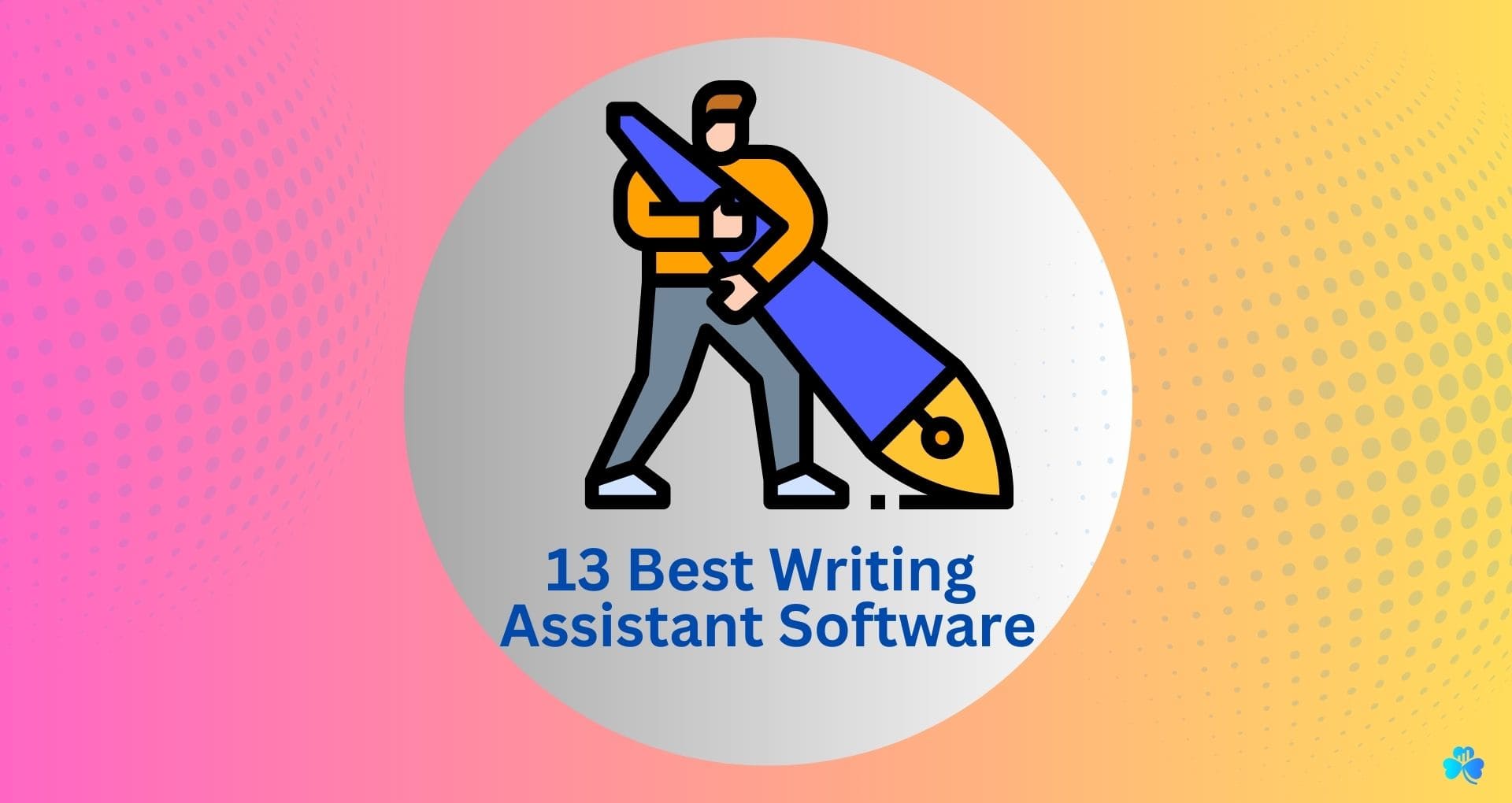
13 Best Writing Assistant Software: Boost Profit & Productivity
